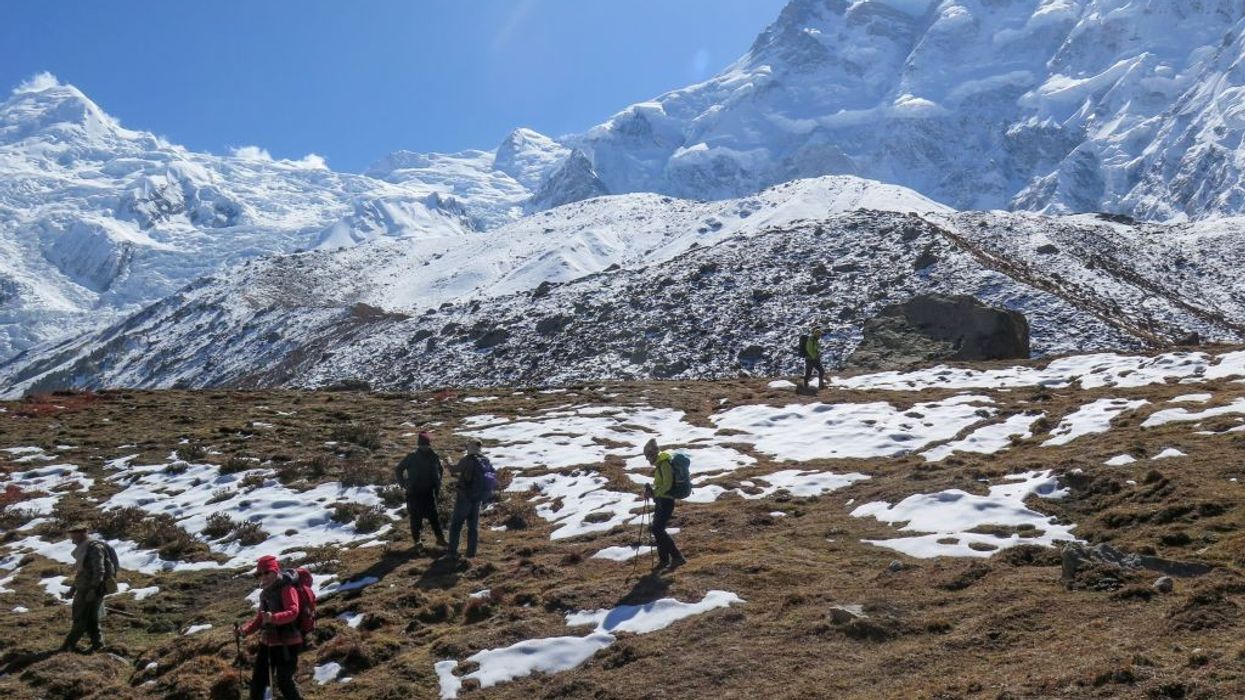A CZECH mountaineer fell to her death on the world's ninth-highest peak, Pakistan officials said Friday (4), becoming the first casualty of the summer climbing season in the country.
Klara Kolouchova, 46, the first Czech woman to summit the world's two highest mountains, died on Thursday (3) after falling on the lower slopes of Nanga Parbat.
The 8,125-metre (26,656-foot) mountain is one of the world's most dangerous climbs with a reported one-in-five fatality rate.
"Her feet slipped from a slope and she fell into a ravine," Nizam-ud-Din, a senior local government official in Diamer district, told AFP, adding that one of her team members reported the death.
"The exact location of her body will first be traced. Once confirmed, appropriate rescue operations will be initiated to retrieve the body by using a helicopter service."
Five of the globe's 14 mountains above 8,000 metres are in Pakistan, including the world's second highest mountain, K2.
Himalayan peak Nanga Parbat earned the nickname "killer mountain" after more than 30 people died trying to climb it before the first successful summit in 1953.
The Alpine Club of Pakistan also confirmed Kolouchova's death.
"She was an inspirational climber and a source of motivation for women mountaineers," said Karrar Haidri, the vice president of the Alpine Club of Pakistan.
"Her death leaves a void in the climbing fraternity," he added.
Her last post on Instagram on June 14 from Islamabad was a photo and video of her unsuccessful bid to climb the same mountain in 2024.
"Last year, the Naked Mountain laid me bare. Stripped me to silence, to stillness, to soul," the caption read.
"This time, we aim higher. This time, we summit," she added.
The incident is the first casualty of the summer season, according to the Alpine Club, which monitors climbing expeditions in the country.
The summer climbing season starts in early June and runs until late August.
(AFP)





